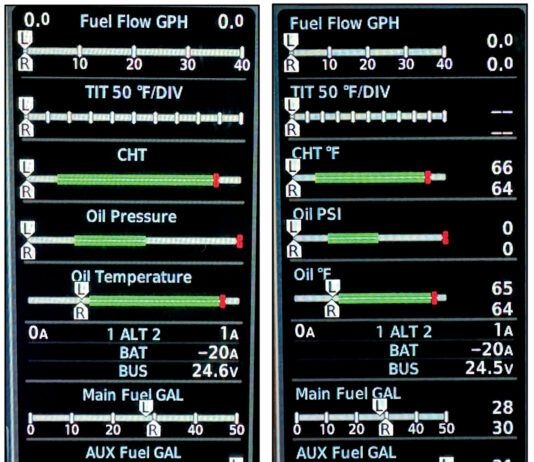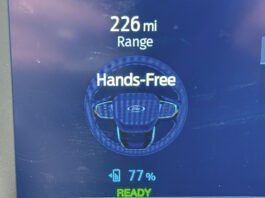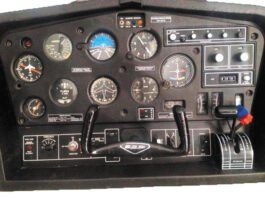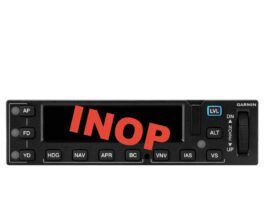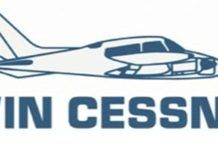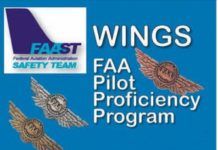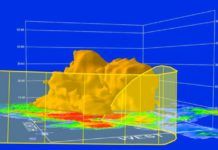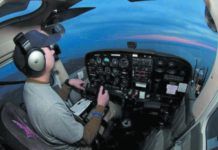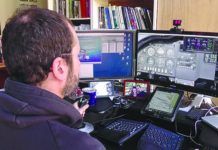Yes, It Can Happen To You
Always pay attention. Good advice, that, applying equally to all human endeavors. But it especially applies to those of us who pilot aircraft. Ive often stressed the traps and dangers of becoming too reliant on automation. Dont let it become a crutch, Ive preached. Consequently, youd think, as I did, that Id be particularly wary of that malady. Yes, youd think…
Fun Flies When You’re Doing Time
The milestone of sorts that I discovered is that this issue marks my fifth anniversary at the helm of IFR. Now, in many views, thats simply not noteworthy. Other editors in the Belvoir Aviation family, like Jeb Burnside at Aviation Safety, have been at this for, well, a very long time indeed.
BasicMeds Other Side
Most pilots and aviation journalists think BasicMed is a win. For many it is. But, if you dig beneath the covers you might conclude its not a win for you. Behind closed doors Ive been equivocal about BasicMed, but weve been generally favorable in print. I personally like the ever-cautious wait-and-see approach. Waiting and seeing, combined with a letter from James Shepard (see Readback), lead me to conclude that perhaps BasicMed isnt the big win most of us hoped and thought it would be.
Not Quite Up With the Times
The FAA, it is said, lags technology-sometimes significantly. These pages have been sprinkled with examples over the years. One recent example was in Jeff Van Wests article, A Bit Over Ninety, which appeared just last month.In that article, Jeff touched on the protected airspace for a turn at a fix. Before area navigation, all airways and procedures were designed expecting us to pass over the fix, suddenly realize that fact, and then turn to intercept the outbound course.
Type Clubs are Good
Assuming you own an airplane or fly the same one all the time, consider joining the type club supporting that aircraft. Okay, thats your takeaway. Let me explain why I recommend that. Ive owned three airplanes. My first was a mighty Cessna 150 and I was too young and too ignorant for aircraft ownership, so that one doesnt count. Next was a Mooney, a 1968 M20F Executive. Older and wiser then, I had previously joined the…
GPS: Safety of Flight
If you live west of the Mississippi, out where most of the military airspace and where most of the testing is done, youre well familiar with those pesky NOTAMs announcing interference testing of GPS or outright loss of the GPS signals. Most of us ignore them.
An IPC through WINGS
There are three levels of WINGS: the Basic, Advanced, and Master phases. Each level has multiple phases. Unlike the previous program, multiple phases can be earned each year. To complete a phase, pilots must get three flight and three ground credits which can be chosen from a wide range of activities.
Sigh… Another Accident Report?
One of the things we hear that readers like best about IFR is our focus on stuff you really want or need to know in the practical world of flying on instruments. That, of course, and the occasionally flip and irreverent or even cheeky way we present it.
An SOP for GA? Seriously?
Over the last few months, weve run a series of articles to guide you towards your own personal SOP. The final article of that series is in this issue. But, youd be wise to ask if you really need an SOP for general aviation flying. After all, do you really want to further complicate the process of flying a small plane in IFR? Do you really want to fly, Just like the airline pilots? Part 91 doesnt have that thick book of requirements that impedes (guides?) the pros. Do you really want to trade the liberation and fun of GA flying for that kind of strict regimentation?
Do You Need EFIS?
Most instrument pilots flying today probably learned with conventional six-pack flight instrumentation. But, thats changing. Rare is a new aircraft available without EFIS and popular shops are installing glass retrofits nearly as fast as theyre installing ADS-B systems. Do you need EFIS? Should you consider upgrading your six-pack panel to a fancy electronic package?
Too Little Too late
As suggested by recent decisions and actions, FAA leadership might actually be agreeing with that last bit. Over a year ago they announced a different regulatory climate called compliance philosophy, which is supposed to engender a more cooperative relationship between the regulator and the regulated. The FAA also began relaxing some certification requirements in favor of common sense safety improvements like seat belts and shoulder harnesses, angle-of-attack indicators, and more recently non-certified EFIS in certified aircraft. Now, theyve responded to the legislative mandate to do away with the third-class medical for many of us.
New Sim Challenge
A few months back, Jeff Van West-previous editor of IFR and respected aviation journalist who still hangs around here, you know, kinda like the brother-in-law who needs to get a real job-and I were brainstorming about using a simulator to maintain instrument proficiency. We continue to stress this topic because its an important tool in proficiency. But, as more and more of you are flying simulators-either your own commercial or home-built sims, or one at your FBO or flight school-one common theme is that many of us arent sure what to do once were in the box.

